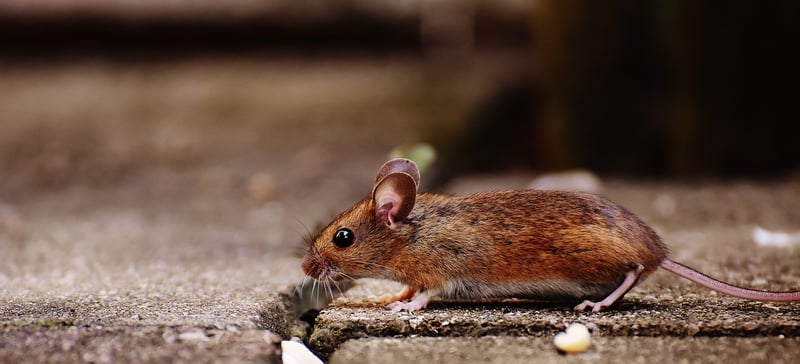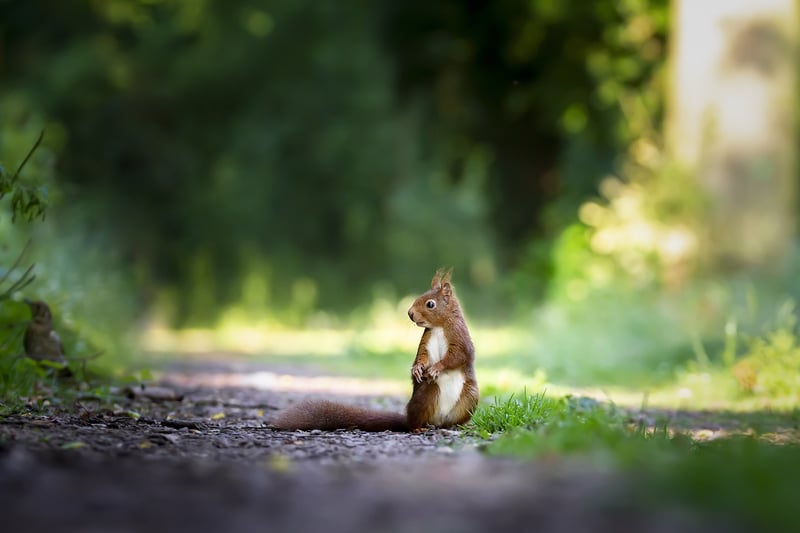Rodent Control
Effective Strategies for Dealing with Urban Garden Pests and Rodent Control
Urban gardening can be a rewarding experience, but it also comes with its fair share of challenges, especially when it comes to dealing with pests and rodents. Here are some effective strategies to help you protect your urban garden and keep unwanted visitors at bay.
Identifying Common Urban Garden Pests
Before you can effectively control pests in your urban garden, it's essential to identify the most common culprits. Some typical pests that plague urban gardens include aphids, slugs, snails, caterpillars, and spider mites.
Organic Pest Control Methods
1. Companion Planting: Planting certain flowers and herbs like marigolds, lavender, and basil can help repel pests.
2. Neem Oil: A natural insecticide that can effectively control pests like aphids and spider mites.
3. Diatomaceous Earth: A non-toxic powder that can be sprinkled around plants to deter slugs and snails.
Physical Barriers
1. Row Covers: These can protect your plants from pests like caterpillars and birds.
2. Fencing: Erect a fence around your garden to keep out larger pests like rabbits and deer.
Rodent Control
Rodents can cause significant damage to your urban garden, so it's crucial to implement effective control measures.
Preventative Measures
1. Seal Entry Points: Make sure there are no openings in your garden shed or compost bin that could serve as entry points for rodents.
2. Keep Your Garden Tidy: Remove any debris or clutter that could provide hiding spots for rodents.
Control Methods
1. Traps: Use snap traps or live traps to capture rodents and remove them from your garden.
2. Natural Predators: Encourage predators like owls and snakes that can help control the rodent population.
Conclusion
By implementing these strategies, you can effectively deal with urban garden pests and keep rodents at bay, ensuring a thriving and healthy garden for you to enjoy.
Remember, maintaining a balance between pest control and preserving the ecosystem in your urban garden is key to sustainable gardening practices.


